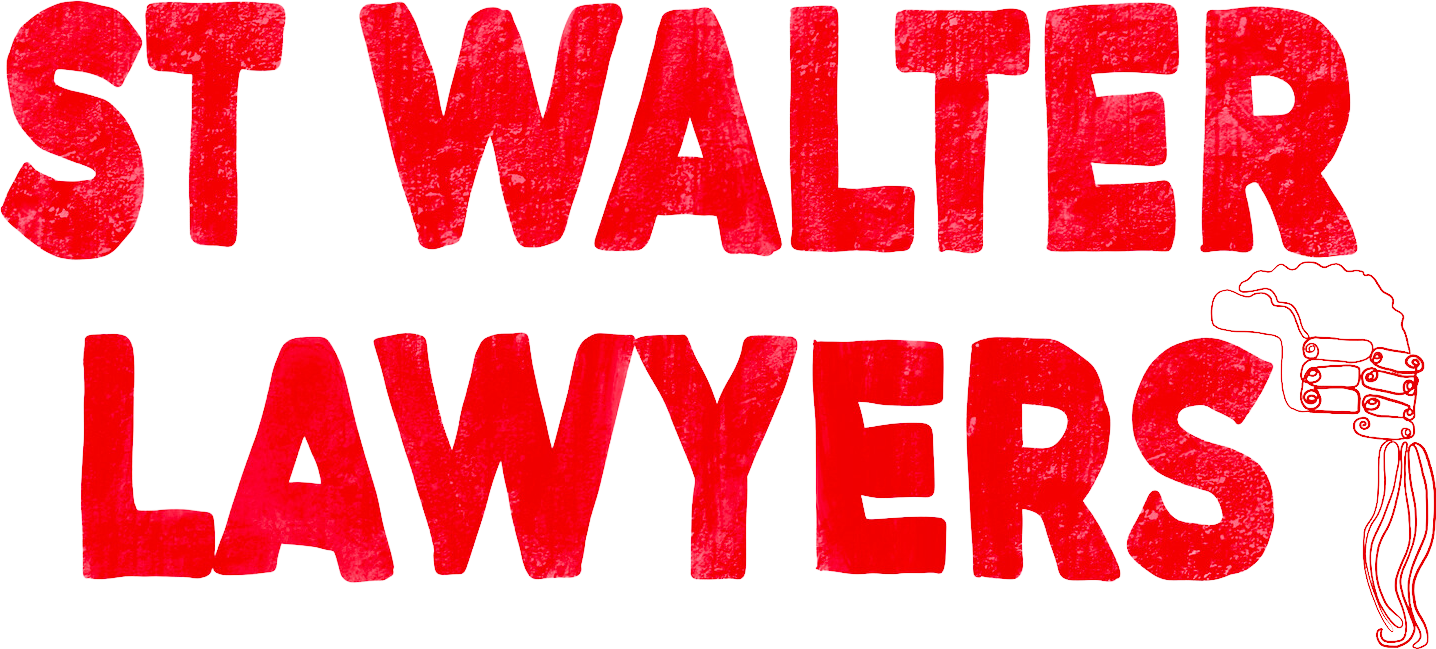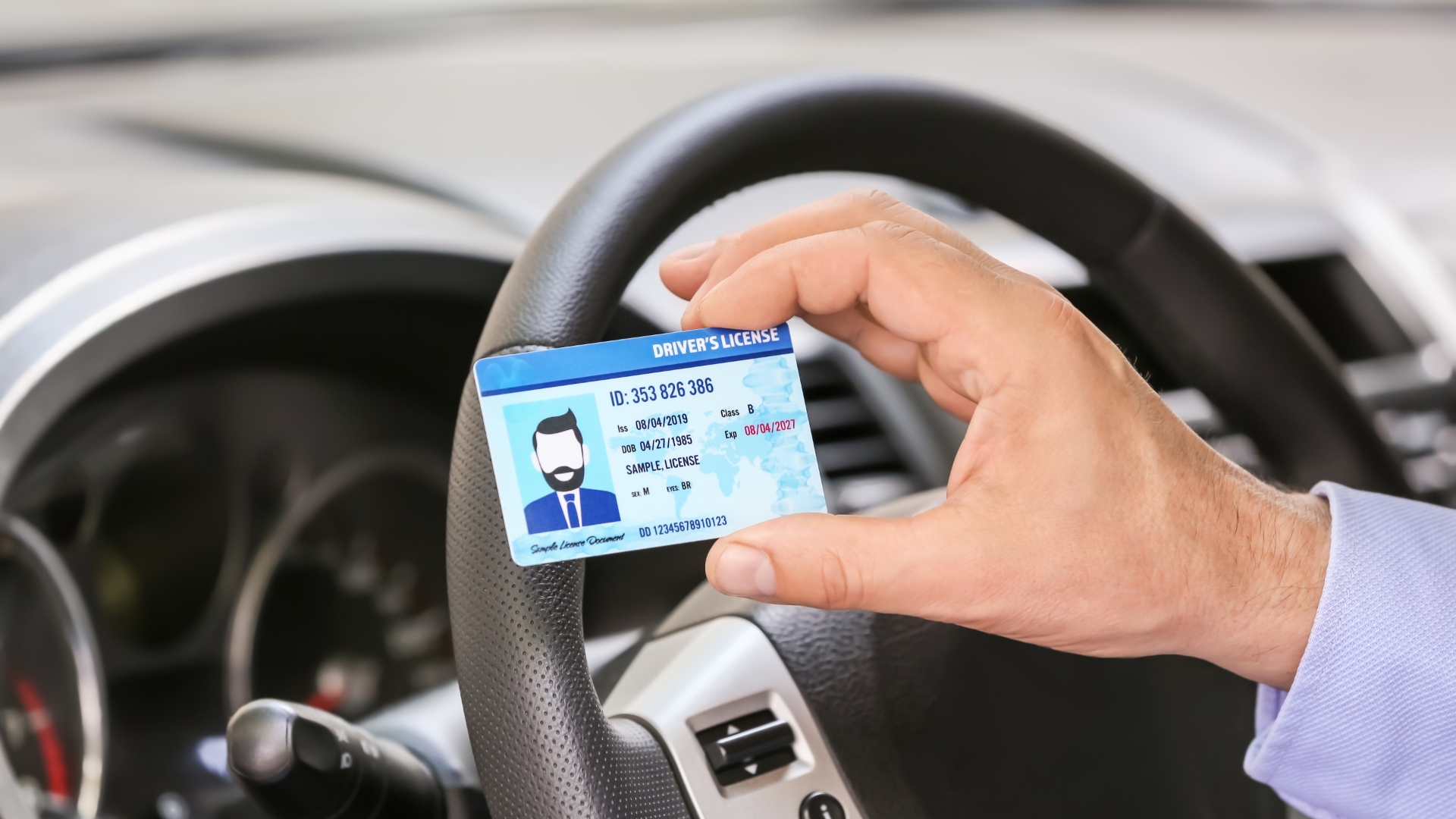Lost your Licence and want to know what your options are?
In New South Wales, most drivers who have been pulled over and as a result have their licence suspended can have the matter heard by a Court. Most of these decisions relate to Transport for NSW (TfNSW).
What can be done for people that are facing a suspension from driving on NSW Roads? Are there any applications to allow people to remain on the roads after they have been suspended?
St Walter Lawyers answer these questions below.
Types of decisions that can be appealed?
Where a driver in NSW commits a speeding offence of 30km/h or 45km/h and they then pay the penalty,
Where a person commits and then pays a penalty notice for a speeding offence of over 30km/h or 45km/h, TfNSW will issue the driver a suspension under s 59 of the Road Transport Act 2013 (Road Act).
This suspension can be appealed in the Local Court of NSW. Provisional 1 or Provisional 2 drivers with demerit points for a speeding offence resulting in a suspension of their licence can also appeal to the Local Court.
Types of decisions the can not be appealed (licence Appeal)?
A decision by the TfNSW to issue a suspension to driver with an interlock order. A decision by TfNSW to issue a suspension to an unrestricted driver licence for demerit points accrued. A suspension issued to a driver on a good behaviour licence when they offend and the offence leads to demerit points of more than 2.
Licence Suspension Appeals
A driver whose has received a suspension from TfNSW due to a speeding offence where speed is over 30km or 45km/h. The suspension can be appealed in the Local Court.
When deciding an appeal, the court has the power to:
- Allow the appeal (removing the suspension in full);
- Dismiss the appeal but reduce the period of suspension; or
- Dismiss the appeal with no change to the suspension period.
There is no test prescribed under the Act in determining the appeal, but in practice the court generally considers:
- fit and proper person test for the driver to be able to hold a licence;
- driver’s need for a licence;
- driver’s criminal and traffic history; and
- the seriousness or subjective factors of the offence.
Provisional Driver’s Licence Appeal
A provisional 1 driver that incurs four+ demerit points, will receive a suspension from TfNSW. A provisional 2 driver who incurs seven+ demerit points, will receive a suspension from TfNSW. In these two cases, the suspension from TfNSW decision is appealable in the Local Court.
The court has the power to:
- allow the appeal (no suspension);
- dismiss the appeal but amend the sentence; or
- dismiss the appeal (suspension/demerits/fine remains same).
The Road Act does not give a general prescribed test in determining the appeal, but the court generally considers:
- fit and proper person test for the driver to be able to hold a licence; 2. driver’s need for a licence;
- driver’s criminal and traffic history; and
- the seriousness or subjective factors of the offence.
Can a Licence Appeal Result in an individual receiving a criminal conviction?
A Licence Appeal in the NSW Local Court can not result in a criminal conviction. A Licence Appeal is administrative ion nature. The Local Court turns it’s mind to the licence suspension, not the driver’s offending.
In the event that a driver wishes for the Court to turn it mind to the offence leading to a licence suspension, the proper process is an election to have the offence heard in the Local Court.. This process is called a Penalty Infringement Notice Court Election (PIN Election).
What to use when Licence Appeal or PIN Election
As mentioned above, Licence Appeals are administrative or civil in nature. The object of a Licence Appeal is to review TfNSW’s decision to suspend a driver and if the suspended driver is a fit and proper person to hold a driver’s licence.
A PIN Election is the filing of an application to have an offence heard by the Local Court of NSW. A PIN Election requires the driver to enter a plea of guilty or not guilty to the specific offence. A PIN Election can result in a criminal conviction being recorded.
A driver can receive leniency in the Local Court even with a guilty plea, if the Court grants a driver leniency under the Crimes (Sentencing Procedure) Act 1999. If the Court finds a driver deserves leniency based on many factors they can grant a non conviction order under either Section 10 dismissal or a Conditional Release order
without conviction recorded. An individual/driver must be very careful in deciding to lodge this application as it comes with risks mentioned above being more fines, criminal record and potentially other fees.
How St Walter Lawyers can assist
Call us today and we can advise you on the suitability of a Licence Appeal or a PIN Election. In the event that our advice is that you are suitable for either we can assist with filing, preparation and appearing on your behalf at Court.

